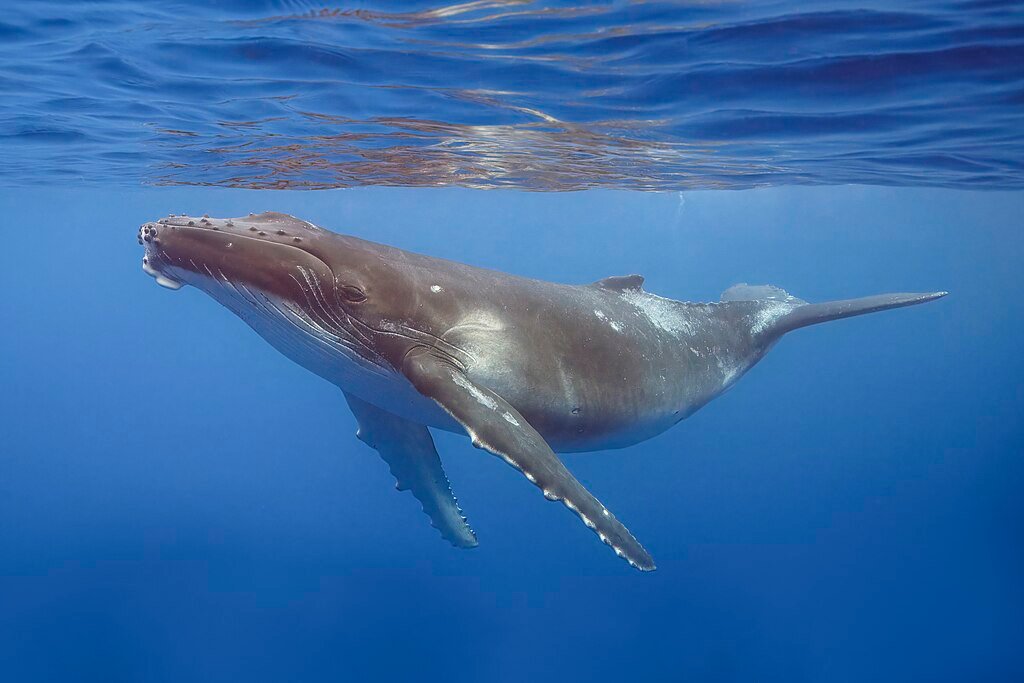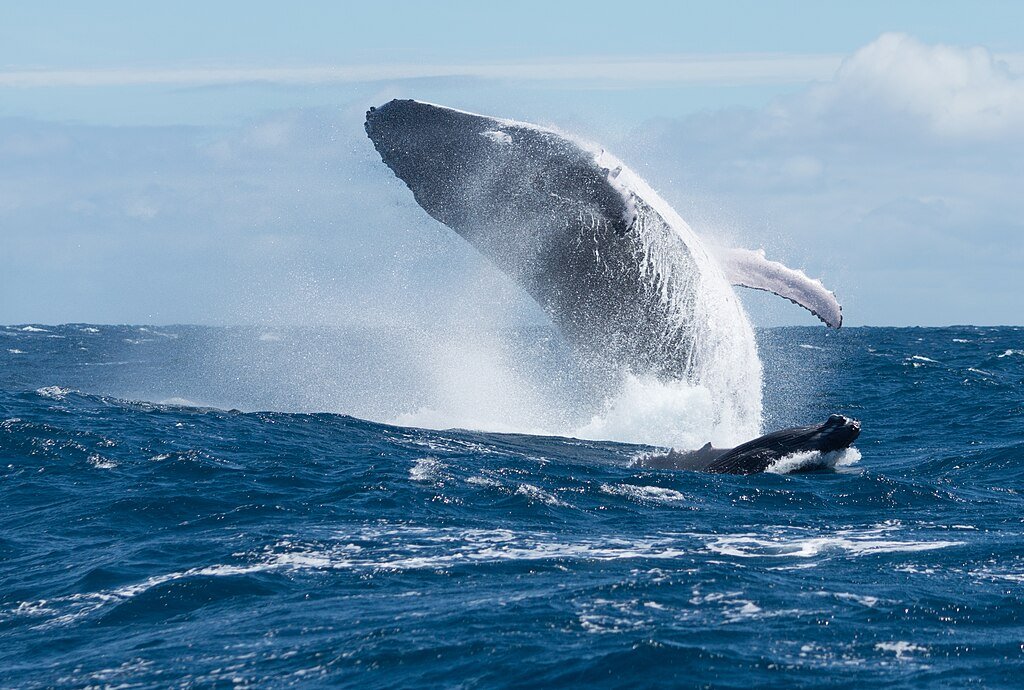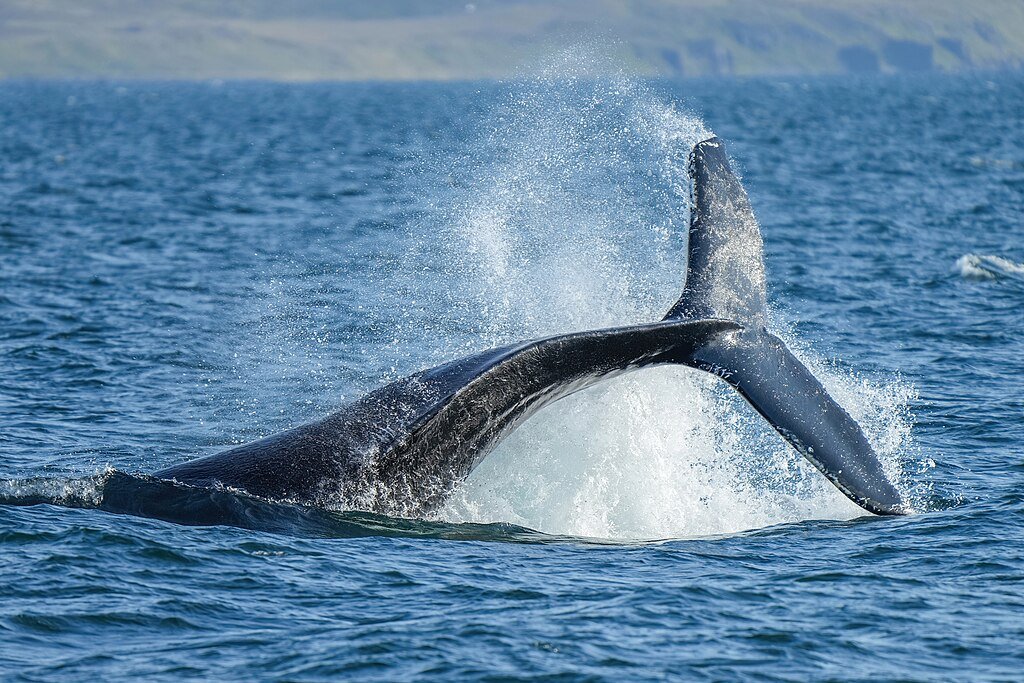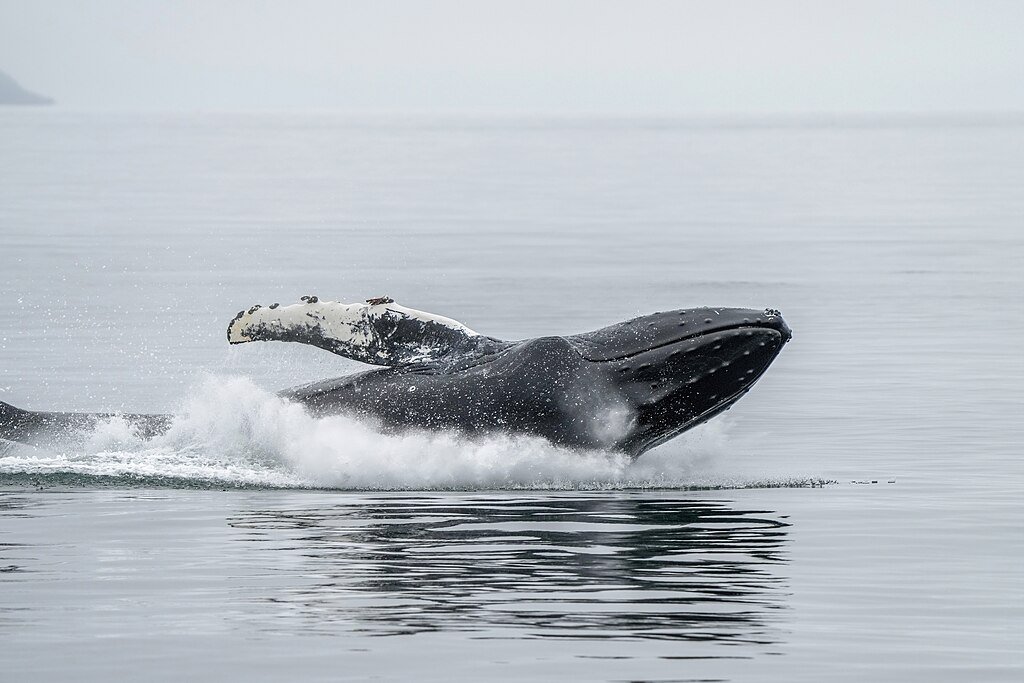Recent research has uncovered an overlooked but vital contributor to ocean health—whale urine. While whale feces have long been recognized for their role in nutrient cycles, new findings reveal that urine plays an equally significant part in sustaining marine ecosystems. By transporting essential nutrients across vast regions, whales act as ecosystem engineers, influencing biodiversity and supporting ocean food webs.
How the Whale Pumps Distributes Nutrients

Whales contribute to oceanic nutrient transport through a process known as the whale pump. By feeding in deep waters and releasing urine at the surface, they transfer key elements such as nitrogen and phosphorus to areas where they are scarce. This process stimulates phytoplankton growth, which supports marine food chains and maintains oceanic productivity. Without these nutrient contributions, many ecosystems would struggle to sustain abundant marine life.
The Impact of Whale Migration to Ocean Fertility

Many whale species, including humpbacks and gray whales, migrate between nutrient-rich polar feeding grounds and tropical breeding sites. As they travel, their urine distributes valuable nutrients across vast oceanic regions. Some whales produce up to 950 liters of urine daily, replenishing marine environments that lack deep ocean currents capable of sustaining local ecosystems. This redistribution ensures that tropical waters receive essential nutrients needed for biodiversity.
How Whale Urine Influences Ocean Chemistry
Beyond nutrient cycling, whale urine contributes to ocean alkalinity and influences water chemistry in ways that support coral reef survival and marine life resilience. The nitrogen-rich content of whale urine enhances primary production by encouraging the growth of phytoplankton, which absorbs carbon dioxide and releases oxygen. This biological cycle aids in climate regulation and demonstrates the interconnected role of whales in maintaining ocean stability.
Conservation Efforts and the Future of Whale Populations
The recognition of whale urine’s ecological role strengthens the case for continued marine conservation. Declining whale populations threaten ocean nutrient cycles, potentially disrupting entire ecosystems. Conservationists stress the importance of protecting whale migration corridors and feeding grounds to preserve these natural nutrient flows. Future research will aim to quantify the broader impact of whales on ocean chemistry and biodiversity.
Conclusion

The discovery that whale urine contributes significantly to marine nutrient cycling reshapes our understanding of oceanic health. As scientists continue to study these processes, their findings may lead to new conservation strategies and a deeper appreciation of how whales help sustain global marine ecosystems.
Source:




